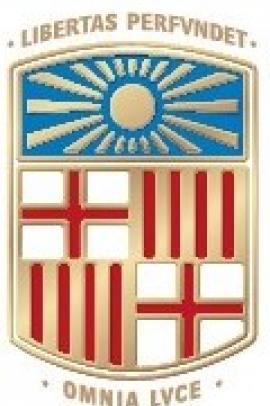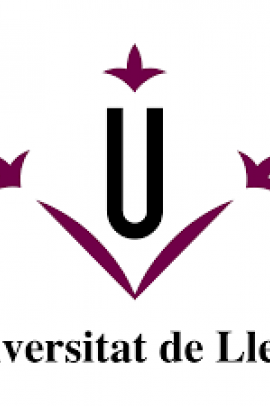An interview survey of 51 members of Russian-speaking groups in the Salou area of southern Catalonia indicates the use of several modes of mediation to solve language problems. Professional written translators tend to be employed for official documents and high-risk situations only, whereas professional interpreters tend not to be used; family members and friends are usually preferred. There is widespread learning of Spanish, which is seen as the “host” language and offers independence, but very limited engagement with Catalan, which nevertheless remains a strong language of identification for much of the host society. In this multilingual context, Spanish, Russian, and English can all function as lingua francas depending on the situation. Russian, however, is only taught by private associations, even though its presence in the public school system could conceivably help address the diffuse sense of social exclusion felt by these groups and would be to the long-term benefit of the area’s economy, which partly depends on Russian tourism.
Date
Journal
Language Problems and Language Planning
DOI
10.1075/lplp.00027.ayv
Abstract








